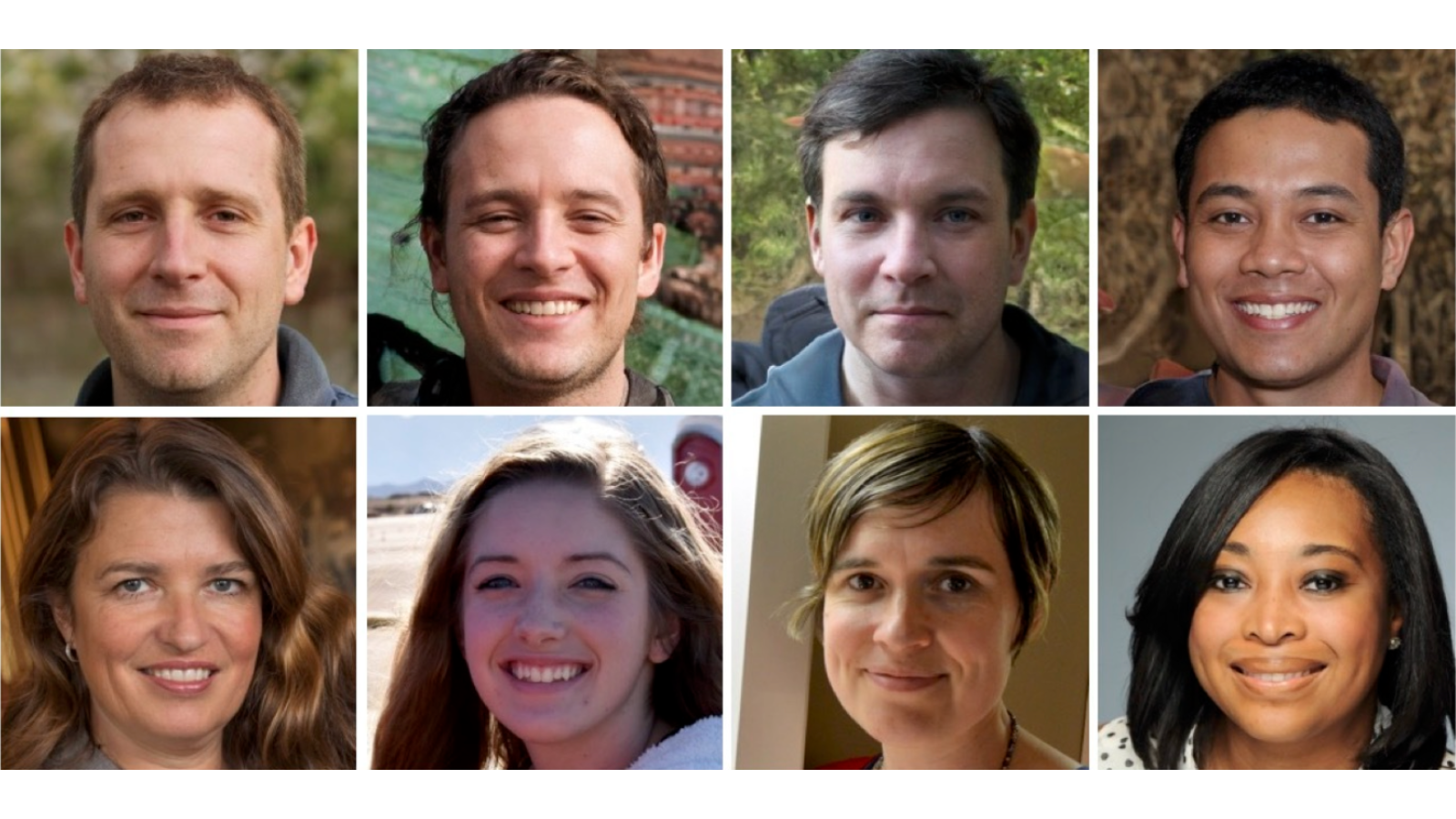Marriage Myth Busted: Women Not Looking for Sugar Daddies

People in marriages with a big age gap are on average less educated, less attractive and less wealthy than couples who are close in age, a new study suggests. The findings hold true even for older men married to younger women, researchers say, meaning that sugar daddies and their so-called trophy wives might not be such a common model for coupling.
Conventional wisdom and even academic models have suggested financially successful men may wait to get married to relish in their pick of younger, fertile mates who will have their children and maintain a household while they continue their climb in the workplace.
"This is because traditional economic models of marriage have argued that men who have high earning potential are more likely to marry at an older age so that they can 'reveal' their high potential," explained Hani Mansour, an assistant professor of economics at the University of Colorado Denver. [I Don't: 5 Myths About Marriage]
But apparently not every nerd is holding out for his job offer at Google so he can find a hot young bride.
Marriage stats
Mansour analyzed U.S. Census Bureau data from 1960 to 2000 looking at samples of first marriages for couples ages 25 to 60. He found that unions between older men and younger women are becoming less common, and men who are marrying younger women are on average being negatively selected — meaning these guys tend to have lower levels of education, lower cognitive scores and lower occupational earnings than their peers. (Mansour said the results are stronger if second marriages are included in the analysis, but to avoid confusion they were not added.)
Both men married to younger women and men married to older women earned less money than their peers who had wives around the same age as themselves, the researchers found. Women married to older men, however, earned more money than their peers with similarly aged husbands, but this was due to the fact that they worked more hours, not because they had higher-earning jobs.
Get the world’s most fascinating discoveries delivered straight to your inbox.
The study found that successful men and women alike seem to be gravitating toward partners who are of a similar age, which could be explained by social networks. People who attend four-year colleges tend to mix heavily with people of similar ages, and they are more likely to marry one of their peers.
"They spend more years in school and are more likely to attend high-quality post-secondary schools with age-homogenous student populations," Mansour and his colleague Terra McKinnish, of the University of Colorado Boulder, wrote in a paper on the findings. "When they enter the workforce, they are often in jobs with high upward mobility, so that other individuals who share their same job description are similarly aged."
Meanwhile, those who attend community schools or work in low-skilled jobs are more likely to mingle with widely diverse age groups, the researchers say, which ratchets up the chances they'll marry someone much older or younger. [10 Personality Types Most Likely to Get Hired]
The reality of cougars
As women gain more economic autonomy, some had expected them to turn into cougars, copying what was thought to be the traditional male behavior of waiting to get married and looking for a younger, attractive mate. But while marriages between older women and younger men are becoming slightly more common, not much has changed since the days of Mrs. Robinson, the researchers say.
"We really didn't find any evidence of a new cougar phenomenon," Mansour said in a statement. "Although their share has slightly increased over time, cougars have been among us since the 1960s."
(An earlier study found that women actually tend to seek out an older, better-looking partner when they gain more financial footing. Still, other research has found that women place greater emphasis on whether a man can provide for a family, while men place more importance on good looks.)
The researchers gauged the physical attractiveness of partners in marriages with a big age gap by looking at data from the National Longitudinal Survey of Adolescent Health (known as Add Health). This survey sampled American adolescents in grades 7-12 during the 1994-95 school year and then followed up with three more waves of interviews, most recently in 2008, when the participants were between 24 and 32 years old.
As part of that survey, interviewers had to rate the physical attractiveness of the participants, on a scale of 1 to 5, with 1 being "very unattractive" and 5 being "very attractive." Of those participants who ended up getting married, those who wed someone five or more years younger or older than them generally had been rated as less attractive, the researchers found.
The findings were detailed in The Review of Economics and Statistics last month.
Follow Megan Gannon on Twitter and Google+. Follow us @livescience, Facebook & Google+. Original article on LiveScience.com.



